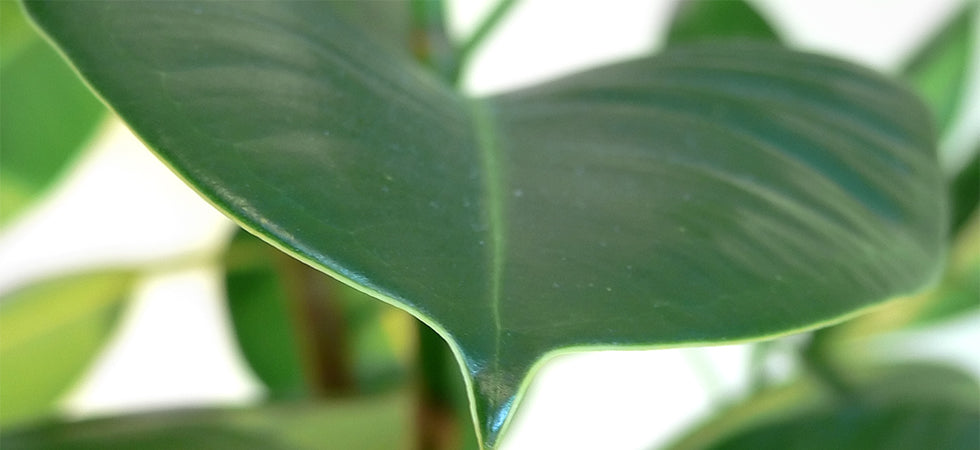According to statistics, you will find at least one houseplant in 30% of all households. The primary reason most homeowners keep houseplants is for decorative purposes. Houseplants can add color and give your home a fresh, natural look.
Beyond their decorative properties, houseplants also offer numerous benefits. They clean the air in your house, help reduce stress, create a feeling of well being, and reduce incidences of illness. As such, you may want to consider adding a plant or two to your home décor.
However, it is important to know that houseplants need some level of care and attention, just like pets. If you’re planning on buying houseplants, here are some things you should be aware of as you visit plant nurseries.
Find a Reputable Home Garden Center
When buying a car, you always want a dealer who is well-versed in matters concerning vehicles. It is the same when buying a houseplant. There are a lot of things you need to know about each particular plant. As such, you should ensure that the plant nursery you visit has staff who are not only passionate about plants but have the relevant certifications.
Do some online research before you visit a garden store. Identify some of the plants you would like for your collection. Certified staff from reputable plant nurseries will also be able to recommend a plant that's suitable for your particular lifestyle.
When you come into Al's we have a knowledgeable staff ready to help you out. Just be on the lookout for our Al's Purple People!
Check to Make Sure the Plant Is in Good Condition
Plants are also prone to disease and insect attacks that can cause them to wither and die. If you are already a houseplant owner, the last thing you want is to bring home a plant that will pose a risk to the rest.
Assess the plant carefully to see if you can find any damaged leaves, insects and disease symptoms such as yellowing of leaves and black spots. Any of these signs are a red flag, and you are better off choosing another plant. However, if the plant looks dry or limp, it may just need water.
Know Yourself and the Conditions in Your Home
Some plants are very delicate and require a specific set of conditions in which to thrive. In this regard, you should consider:
- The humidity in your house
- The type and intensity of light used
- Do you have any small children or pets?
- How much attention can you give the plant?
- How often do you travel and for how long?
By answering these questions honestly, the attendants at plant nurseries will be able to narrow down your options to a few that will thrive in those conditions.
Once you pick the right houseplant, you need to know how to take care of it. Let's look at some of the mistakes you need to avoid with houseplants.
Overwatering
The need and ability to store water varies with plant species. In a bid to care for the plant, at times, homeowners become a threat. This especially happens with succulent plants that are accustomed to dry conditions.
With succulent plants such as cacti, watering them once every month is enough. If you do it weekly, as is recommended for other plants, you will only kill it. Therefore, it is essential to know how much water each plant needs to thrive.
Too Much Direct Sunlight
Yes, plants need sunlight for photosynthesis. However, most plants have a low tolerance for direct sunlight, as it is too harsh. To mitigate this damage, sensitive plants should access light through a veil or light reflected from a wall.
Plants are an excellent addition to any home. Along with the health benefits they offer you and your loved ones, they are also great tools for decoration and giving your house a natural vibe. Do not worry about ruining your interior décor, plant nurseries have many species of plants that come in various shapes, sizes, and colors to match your style and design. Visit us at Al’s Garden & Home for a selection of the best indoor plants in Oregon!

I’m interested in a low-care houseplant. I also have curious, plant-eating cats, so as a result I have been plantless for more years than I can remember. Any suggestions besides getting rid of my cats? Thanks
Leave a comment